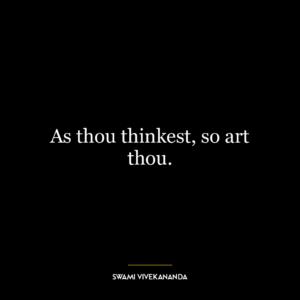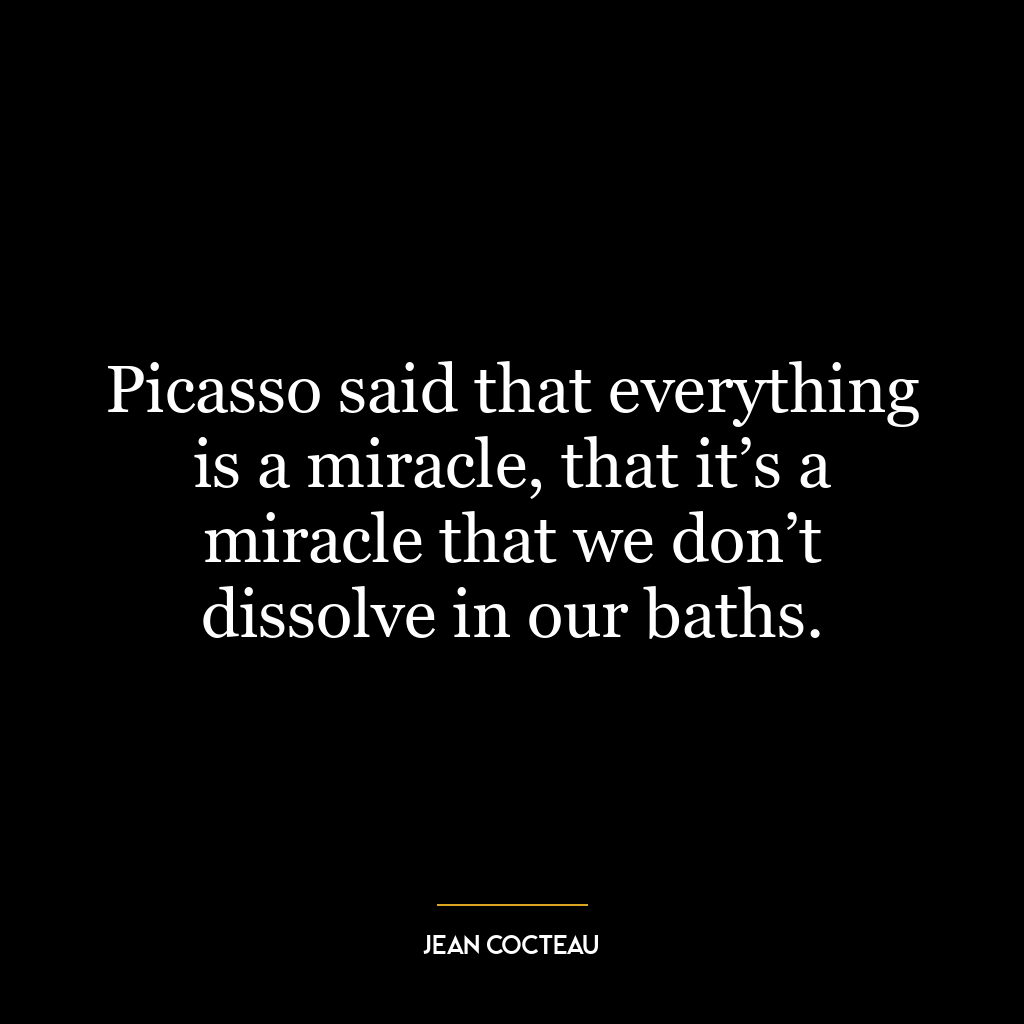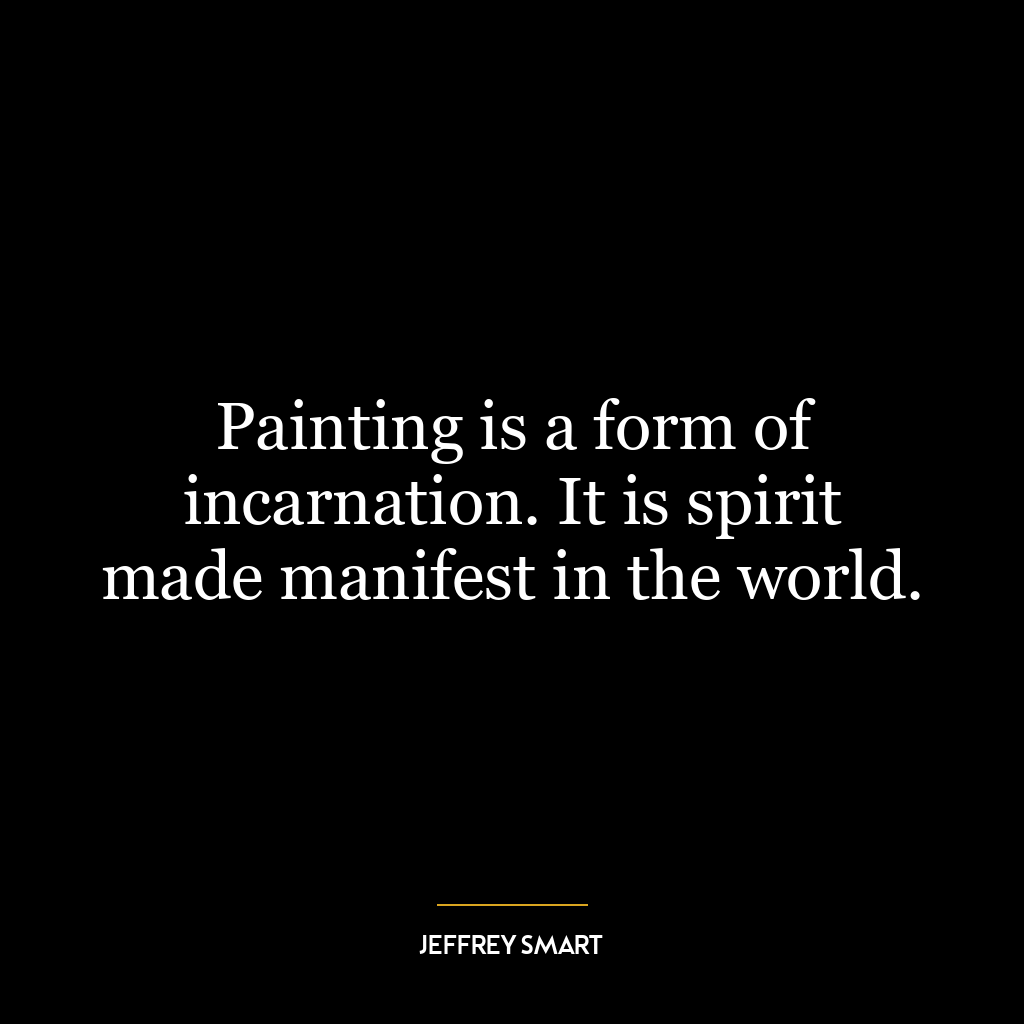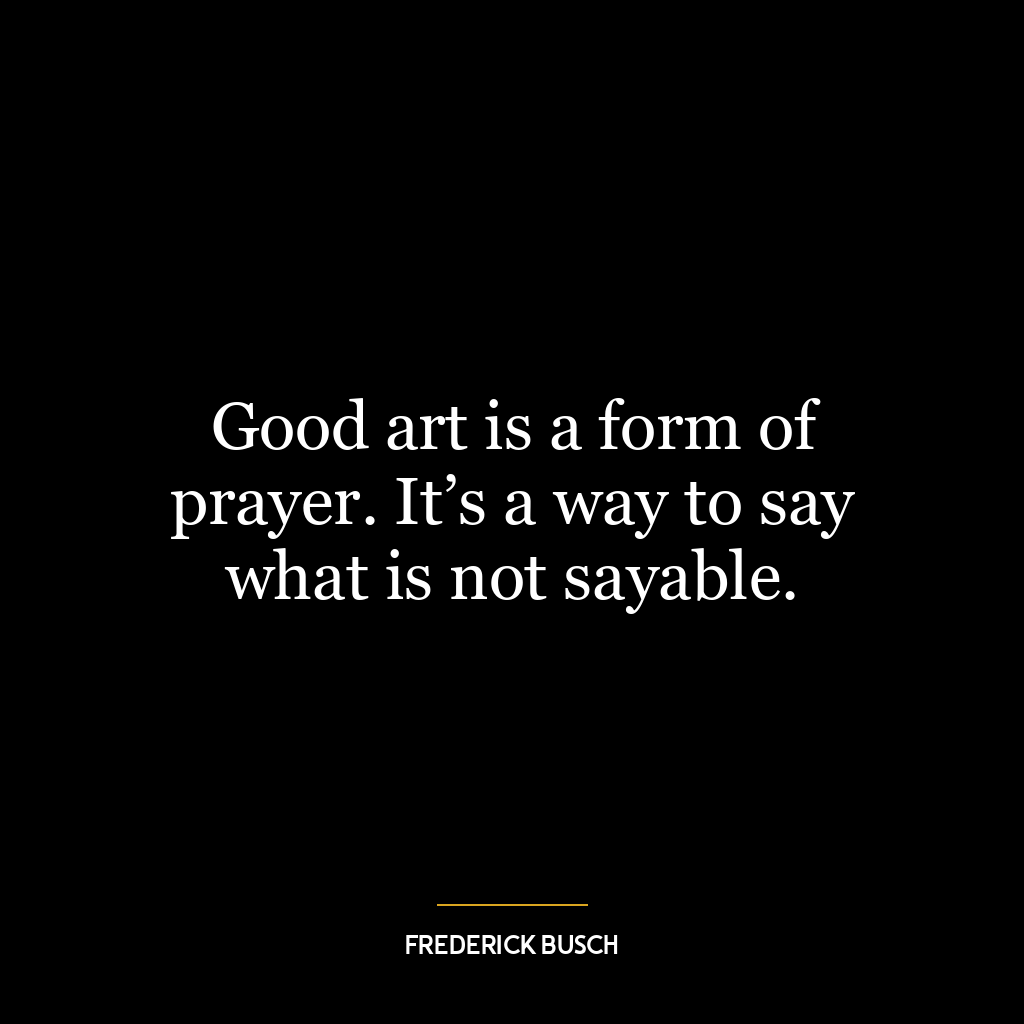There is but one temple – the body. It is the only temple that ever existed.
This quote, “There is but one temple – the body. It is the only temple that ever existed,” emphasizes the importance of the human body as a sacred entity, and encourages individuals to view their bodies with reverence and respect. The term ‘temple’ is often associated with a place of worship or sanctity, suggesting that our bodies should be treated with similar regard.
The statement also implies that true spirituality or divinity lies within us rather than in external entities or structures. This echoes many Eastern philosophies which posit that divine energy resides within each individual and can be accessed through self-awareness, mindfulness, and introspection.
Applying this idea in today’s world may involve taking better care of our physical health by eating well-balanced meals, exercising regularly, getting adequate rest and avoiding harmful habits such as substance abuse. It could also imply investing time in mental health through practices like meditation for stress reduction and clarity.
In terms of personal development, it suggests focusing on inner growth rather than external validation. By viewing our bodies as temples – unique vessels carrying us through life – we might foster greater self-esteem and body positivity. Additionally, understanding ourselves as inherently sacred might encourage more authentic living; if divinity resides within us all along then there’s no need to seek approval or acceptance elsewhere.
Moreover, if every person’s body is considered a temple it promotes an attitude of respect towards others too – fostering empathy for different physical abilities or appearances which can lead to less discrimination based on superficial factors such as looks or age.
Finally yet importantly this perspective encourages environmental responsibility: If we see our bodies (and by extension ourselves) as part of nature rather than separate from it then harming nature would mean harming ourselves – urging us towards more sustainable lifestyles.













